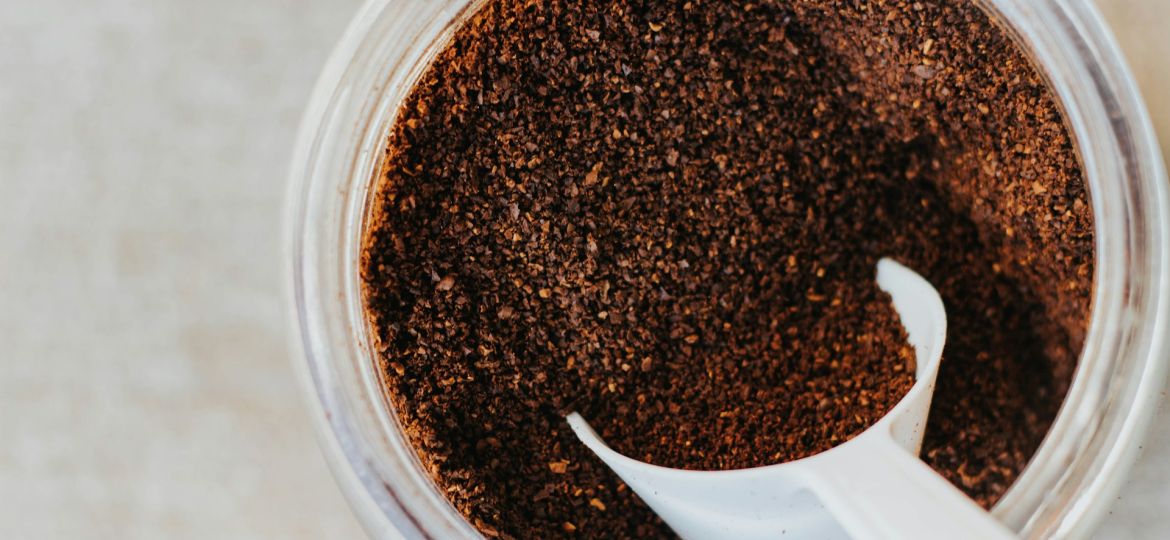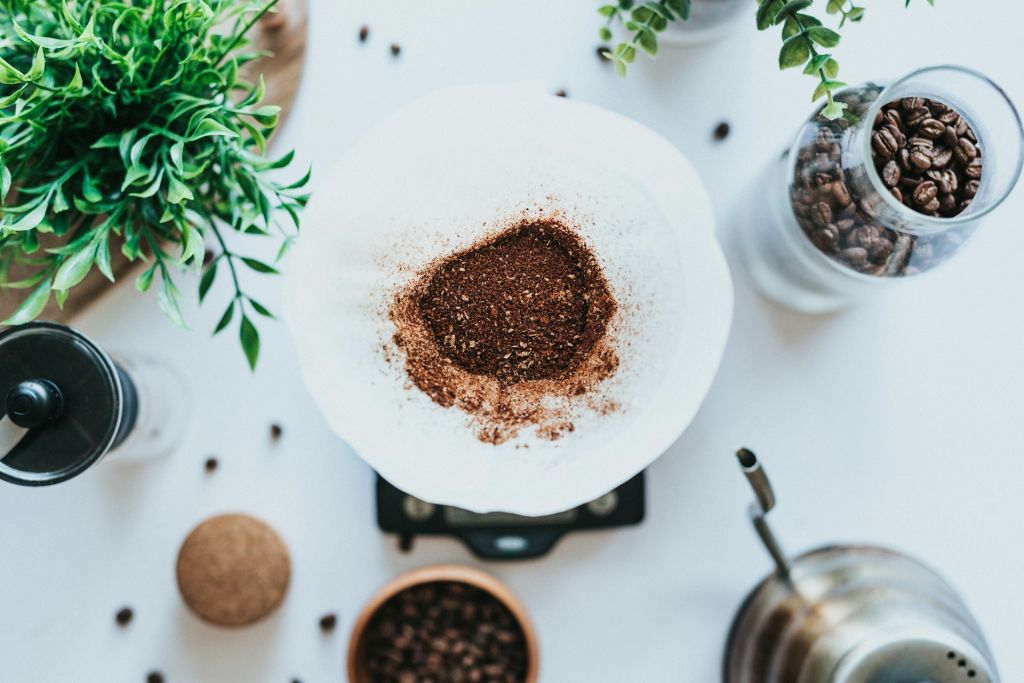
Understanding the Nutritional Needs of Roses
Keeping rose plants healthy and thriving requires a thorough understanding of their nutritional requirements.
Roses need well-balanced soil that provides all the essential nutrients. Among these, nitrogen, phosphorous, and potassium (commonly abbreviated as NPK) play a crucial role in their growth and development.
Nitrogen aids in leaf growth and enhances the vibrant green color. Phosphorous is instrumental in promoting healthy roots and vibrant flowers. Potassium regulates the overall plant metabolism, ensuring holistic health and resilience.
Alongside these primary nutrients, roses also require several trace nutrients. Calcium, Sulphur, and Magnesium are among the secondary nutrients, while trace elements like copper, boron, manganese, molybdenum, and zinc also contribute to the plant’s overall nutrition.
The deficiency or excess of any nutrient can cause varied and complex problems, disrupting the health and beauty of the roses. Therefore, it’s critical to provide the right balance of nutrients whether naturally present in the soil or through applications of fertilizers and organic compost.
Buy Coffee Grounds on Amazon now!
The Importance of Soil Acidity for Rose Health
Roses have a preferred soil pH between 6.0 and 6.5, denoting slightly acidic conditions. This level of acidity allows optimal absorption of necessary nutrients from the soil.
Soil acidity determines the solubility of minerals or nutrients, which promote healthy growth and robust blooms in roses. It’s vital for the accessibility of beneficial microorganisms which aid roses in nutrient uptake.
Ensuring the right soil acidity for roses can be somewhat tricky. Garden soils naturally vary in pH levels, with certain regions having more alkaline or acidic soils.
Regular soil testing becomes crucial in maintaining that sought-after pH balance. Lime can be added to increase soil acidity, while sulfur lowers it. However, altering the soil pH should be done cautiously, overcorrecting can lead to nutrient deficiencies or toxicity.
Buy Coffee Grounds on Amazon now!
What are Coffee Grounds?

Coffee grounds are the remnants left following the brewing process of coffee. This dark, gritty substance begins as beans harvested from the Coffea plant, which are then dried, roasted, and ground for brewing.
After hot water extracts the coffee’s flavors and caffeine content, the leftover sediment becomes known as coffee grounds.
Despite looking like waste material, coffee grounds contain a wealth of valuable nutrients. Typically, they hold substantial amounts of nitrogen, smaller quantities of phosphorus, and trace amounts of potassium and other trace minerals.
Aside from their nutrient content, coffee grounds also have a high organic matter content, thus making them beneficial for soil improvement. As a bonus, they also possess a unique ability to lower soil pH, which can be particularly useful in rose gardening.
Nutritional Content of Coffee Grounds
Despite the common misperception, coffee grounds are not a significant source of nitrogen. Instead, their primary component is, in fact, carbon. Also, contrary to popular belief, used coffee grounds are not acidic.
Once coffee has been brewed, the end result is almost neutral on the pH scale, averaging at 6.5 to 6.8.
Coffee grounds contain various elements that are beneficial for plant growth including potassium, calcium, magnesium, and trace amounts of phosphorus. Potassium plays a vital role in plant growth as it contributes to photosynthesis and protein synthesis.
Calcium helps in building plant cell walls which make plants stronger and healthier. Magnesium is a part of the chlorophyll molecule, crucial to photosynthesis, and phosphorous aids in energy transfer within plants.
Buy Coffee Grounds on Amazon now!
Incorporating Coffee Grounds into Rose Gardening

The practice of integrating coffee grounds into rose gardening has grown increasingly popular within horticulture circles, creating a buzz in both amateur and professional gardening spaces.
This trend is largely fueled by the abundant nutritional content of coffee grounds, which are rich in essential minerals like nitrogen, calcium, magnesium, and other trace elements that foster healthy plant growth.
To incorporate coffee grounds into your rose garden, one mustn’t merely spread the coffee grounds on top of the soil, but instead, it’s best to gently work them into the soil.
This can be done either as a standalone practice or as a part of a composting process. Composting coffee grounds before incorporating them into the soil allows the valuable nutrients within to be broken down and made easily available to the rose plants.
Buy Coffee Grounds on Amazon now!
Benefits of Coffee Grounds to Rose Plants
Coffee grounds, an easy-to-access waste product in most households, can provide excellent nutrients for rose plants when incorporated correctly.
Packed with a concentrated amount of essential nutrients such as nitrogen, potassium, and phosphorous, these granules feed the soil and consequently, the roses. The nitrogen is particularly beneficial as it promotes healthy leaf growth which in turn, supports abundant flowering.
While commonly known for their nitrogen content, coffee grounds also offer an unexpected boon to roses- the acid content. Many roses prefer slightly acidic soil and the chemical compounds in coffee grounds can help achieve the right balance.
The acidity can also help to deter pests that could harm the plant while attracting beneficial bacteria, worms and other organisms which foster better soil health and plant vitality.
The application of coffee grounds in moderation can prove to be a secret weapon in a gardener’s arsenal to boost rose health and productivity.
In addition to these benefits, coffee grounds can also help in improving the soil structure. It acts as a natural mulch and helps retain moisture in the soil, ensuring that your roses remain hydrated.
The fine texture of coffee grounds makes it ideal for breaking up heavy clay soils, which can hinder root development and water retention.
There are various ways you can incorporate coffee grounds into your rose care routine:
• You could simply sprinkle them around the base of your plants. This is an easy way to provide a slow-release source of nutrients.
• Alternatively, you might want to mix the coffee grounds into compost or potting soil before planting new roses. This will ensure that the young plants have access to plenty of necessary nutrients right from their earliest stages.
• Some gardeners even prefer brewing used coffee grounds in water and using this ‘coffee tea’ as a liquid fertilizer for their rose bushes.
Despite all these potential benefits, it’s important not to overdo it with coffee ground application. Too much nitrogen content can lead to excessive leafy growth at the expense of flowers, while too much acidity could damage plant roots over time.
To sum up:
– Coffee grounds offer essential nutrients like nitrogen, potassium and phosphorous.
– They help create slightly acidic conditions preferred by many roses.
– Their use deters pests while attracting beneficial organisms for better soil health.
– They improve soil structure by acting as natural mulch and assisting with moisture retention.
– Used judiciously they can be a secret weapon for boosting rose health and productivity.
Remember: moderation is key when using any kind of organic matter amendment including coffee grounds!
Buy Coffee Grounds on Amazon now!
Potential Drawbacks of Using Coffee Grounds
While coffee grounds can offer several benefits to rose plants, they also present potential drawbacks that cannot be ignored. Overuse of coffee grounds can lead to excess acidity in the soil, which, contrary to popular belief, roses do not particularly thrive in.
While roses can handle slightly acidic soil, a significant increase in pH may result in nutrient deficiencies and stunted growth.
In addition, coffee grounds may seem like a free and readily available resource for garden use, but remember they are not a complete fertilizer.
Lacking significant amounts of crucial nutrients such as nitrogen, phosphorus and potassium, they cannot replace a balanced rose plant food. Also, if not properly composted, coffee grounds can inhibit the growth of certain plants due to their caffeine content potentially harming beneficial microbes in the soil.
It’s crucial to understand that while coffee grounds can contribute to the health of rose plants, they should not be the only nutritional source relied upon.
Buy Coffee Grounds on Amazon now!
Best Practices for Using Coffee Grounds in Gardening
When it comes to using coffee grounds in your garden, moderation should be the proverbial watchword, as too much of this additive can exact a counterproductive toll on your plant’s well being.
Quantity control is essential; a thin layer of grounds around the base of your rose bushes is typically sufficient. Over application might create a dense, moisture-retaining layer that could starve plants of oxygen or breed mold and other fungi detrimental to rose health.
Another practice that bears adopting is mixing the coffee grounds with other organic matter to improve soil structure. While coffee grounds are undoubtedly beneficial, they do not represent a standalone or comprehensive soil treatment solution.
Combined with compost, the spent coffee grounds contribute to the overall nutrient profile while mitigating potential acidity issues frequently associated with sole use of coffee grounds.
Buy Coffee Grounds on Amazon now!
Alternative Methods to Improve Rose Health
In the pursuit of blooming, healthy roses, an array of alternative methods can be utilized. One such method is regular mulching; this not only conserves moisture but also enriches and improves the soil’s ability to retain nutrients, aiding in root development and flower growth.
Mulches such as straw, compost, and wood chips are effective for this role, however, ensuring they are free from disease and pests is crucial.
Furthermore, regular pruning is crucial to ensuring sustained rose health and encouraging lush blossoms. It helps to eliminate dead or damaged stems that can act as a drain on the plant’s resources and make it susceptible to disease.
When pruning roses, always disinfect the shears between each cut to minimize disease spread. Incorporating these practices yields vibrant blooms and healthy, robust rose bushes.
Case Studies: Coffee Grounds and Rose Growth Results
In a study conducted at the Oregon State University, a notable increase in rose growth and health was observed when coffee grounds were regularly incorporated into the soil.
Subjected to similar conditions, one group of roses was planted in soil with standard organic composition, while another group was placed in soil integrated with coffee grounds.
The result showed that the group with the coffee-ground-enriched soil exhibited vibrant blooms and healthier stems compared to the control group.
Building on the same line of experimentation, the Harborview Elementary School in Juneau, Alaska executed a gardening project where students witnessed the effects of coffee grounds first hand.
They reported that roses planted in grounds with coffee residue exhibited noticeably improved growth, color, and resilience. Visual inspection indicated healthier leaves and more abundant blooms.
These observations suggest the potential benefits of coffee grounds in promoting rose health and growth, underlining its viability as a gardening supplement.
Read more about How To Make Instant Coffee With Milk.
What nutrients do roses need for healthy growth?
Roses require a well-balanced diet of nitrogen, phosphorus, and potassium for healthy growth, along with secondary nutrients like magnesium, calcium, and sulfur, plus trace elements including boron, copper, and zinc.
Why is soil acidity crucial for rose health?
Soil acidity affects the availability of nutrients in the soil. Roses prefer slightly acidic soil with a pH between 6.0 and 6.5, which allows them to access the nutrients they need for optimal growth.
What are coffee grounds?
Coffee grounds are the byproduct left over after brewing coffee. They are rich in nutrients and can be used in composting or as a soil amendment.
What nutrients do coffee grounds contain?
Coffee grounds are rich in nitrogen, potassium, phosphorus, and other trace minerals that are essential to plant growth.
How can I incorporate coffee grounds into my rose gardening?
Coffee grounds can be added directly to the soil, incorporated into compost, or brewed into a liquid fertilizer for roses.
Read more about Calories In Coffee With Milk And 2 Sugars.
What are the benefits of coffee grounds to rose plants?
Coffee grounds can improve soil structure, enhance water retention, and provide essential nutrients, thereby promoting rose health and growth.
Are there any drawbacks to using coffee grounds in rose gardening?
Overuse of coffee grounds can lead to excessively acidic soil and nutrient imbalances. Additionally, undecomposed coffee grounds may inhibit seed germination and root development.
What are some best practices for using coffee grounds in gardening?
It’s advisable to compost coffee grounds before using them as soil amendments. Also, mix them with other organic materials to prevent soil compaction and nutrient imbalances.
Are there any alternative methods to improve rose health?
Yes, regular watering, proper pruning, ensuring adequate sunlight, and using a balanced rose-specific fertilizer can all promote rose health.
Read more about Latte Vs Coffee With Milk.
What results have case studies shown about using coffee grounds for rose growth?
Some case studies have shown positive results, with roses benefiting from the added nutrients and improved soil structure provided by coffee grounds. However, results can vary depending on other factors like the specific rose variety and overall care practices.
Check out this post about How to Make Good Coffee.









